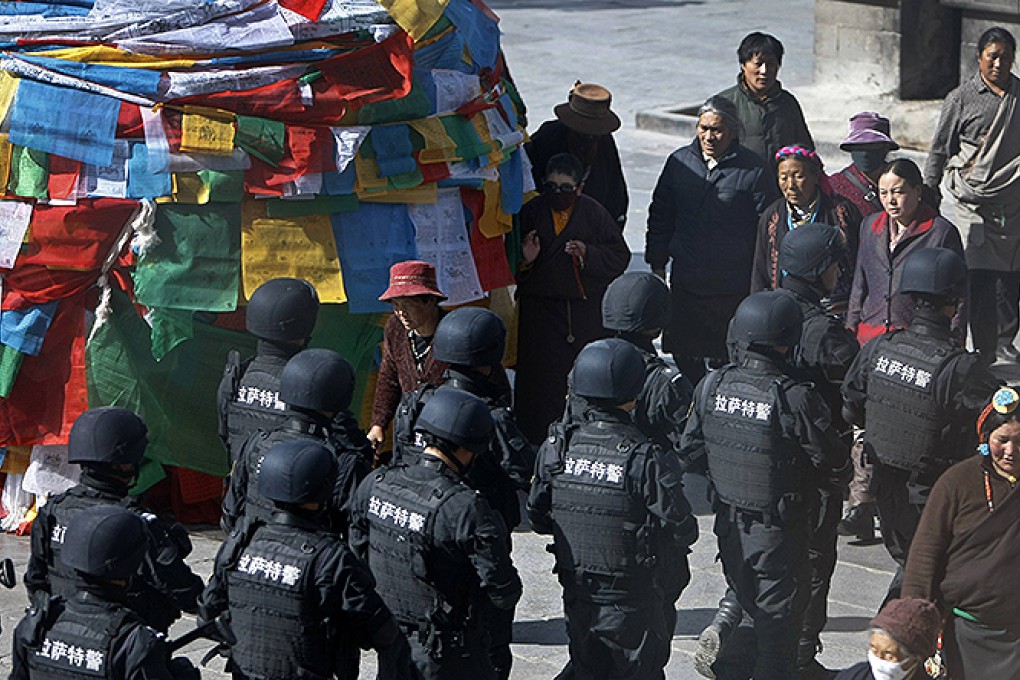Time for West to admit its campaign to 'free Tibet' has failed
James Rinaldi and Kunsang Dolma say political arguments don't help

It's time to admit defeat; we in the West don't know a thing about how to "free" Tibet. For the past 25 years, we thought we were on the right path, but recent events in Tibet - most notably, the sight of desperate Tibetans setting fire to themselves - point to an elevated level of desperation that show us how misdirected our efforts may have been.
The people of Tibet have endured years of physical and cultural hardships at the hands of a Chinese Communist Party bent on Tibet's assimilation into their vision of a "Greater China".
Westerners sympathised with the Tibetan struggle and adopted the issue in earnest in the late 1980s. Since then, we've donated millions of dollars to Tibetan causes, built Tibetan schools and clinics and taken needy Tibetans into our countries and homes. Yet, we must ask: what went wrong?
Part of it is our fault. Instead of being faster on the ground, where an actual impact is realised, we have chosen to throw large sums of money at creating processes and initiatives that seldom address a problem directly or adequately.
Politically, real solutions to critical issues like self-determination, cultural genocide, and the return of the Dalai Lama to Tibet, seem to take a back seat to lobbying the US Congress for one more decree that goes nowhere, or one more finger-pointing accusation of China that will never result in any positive outcomes for Tibetans.
The only concept we are able to identify as coming close to an actionable Tibetan policy can be summed-up in the oft-repeated, dismissive mantra: "China and the Dalai Lama need to talk."
As conditions inside Tibet worsen, precious few individuals in either the Tibetan advocacy or governing community are taking the time to ask the hard questions about our role in this deteriorating situation and whether we should adjust our approach.